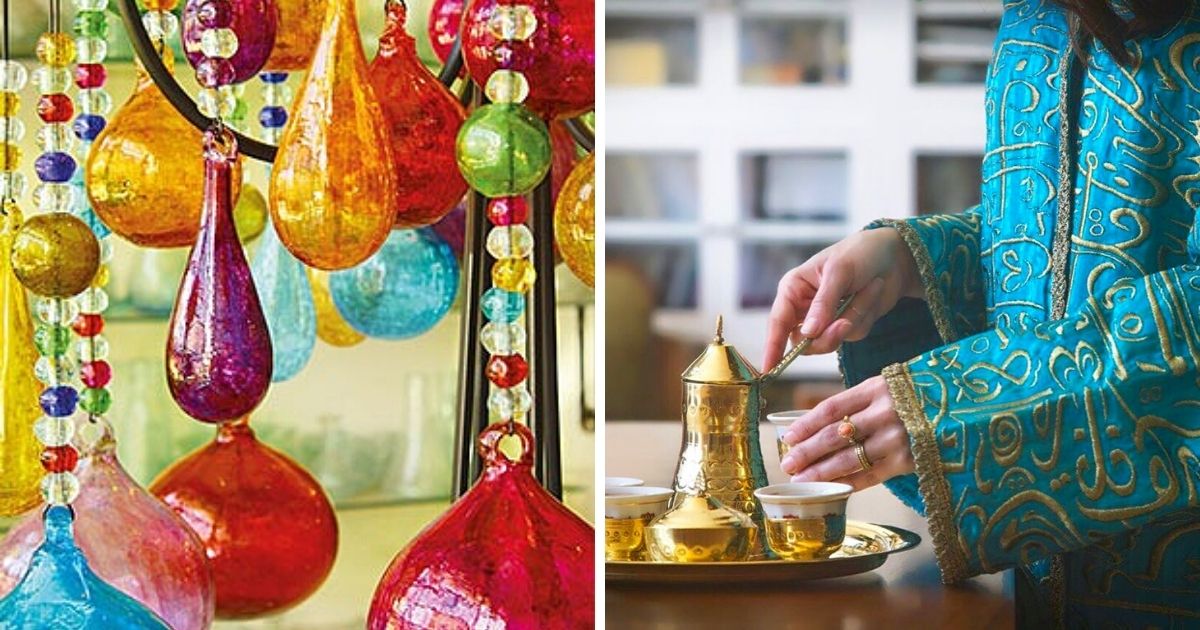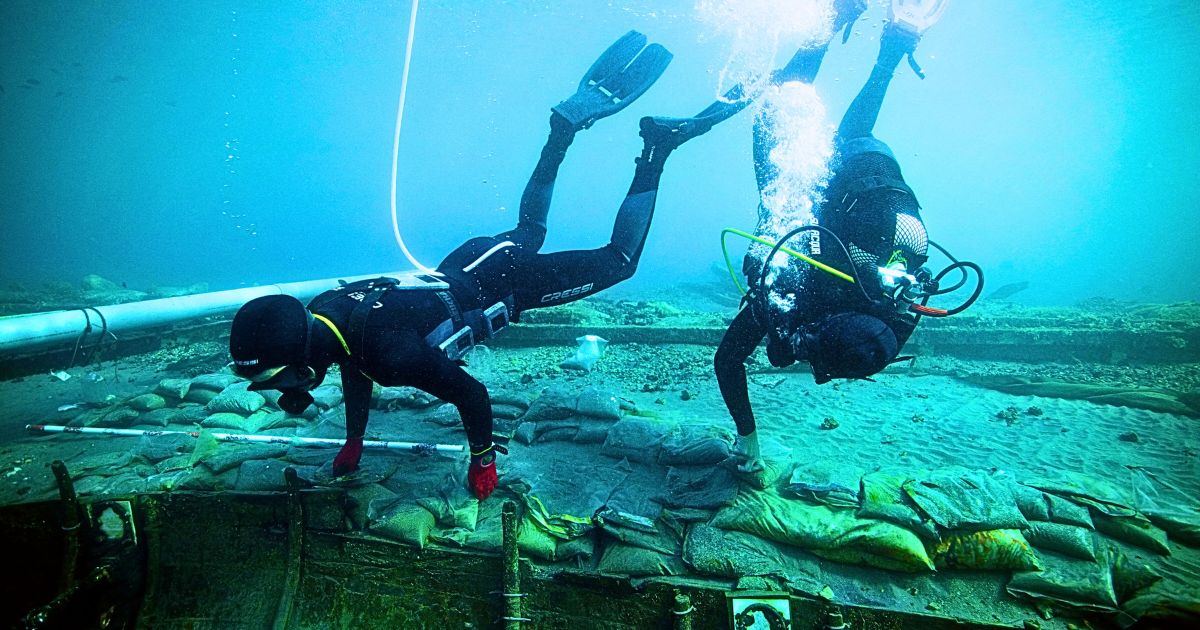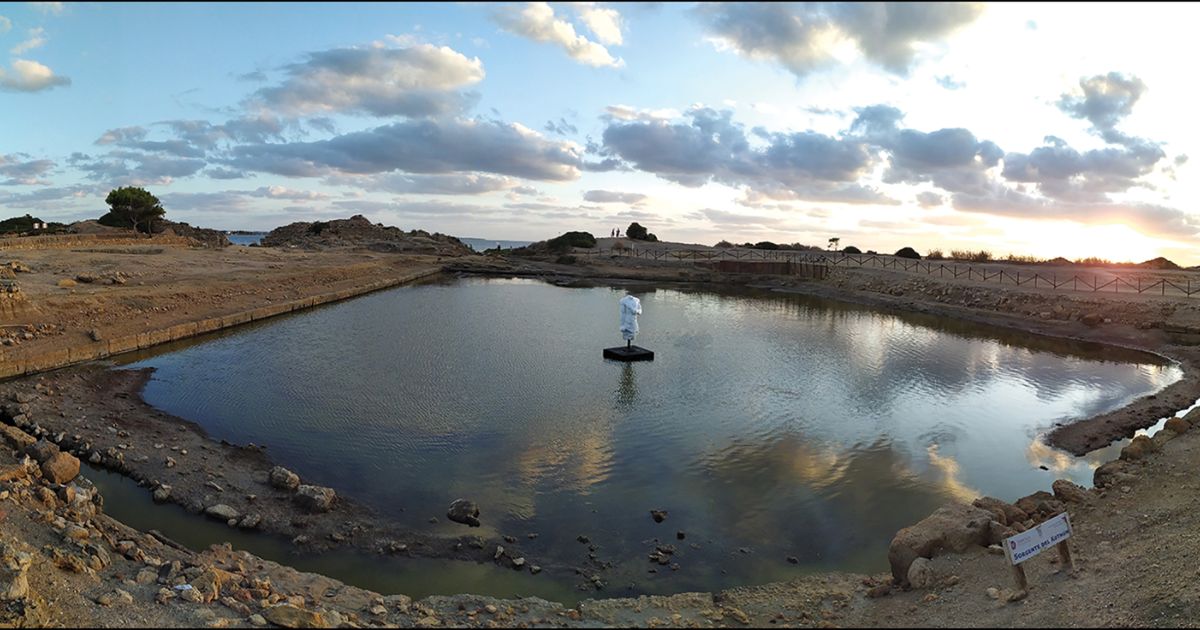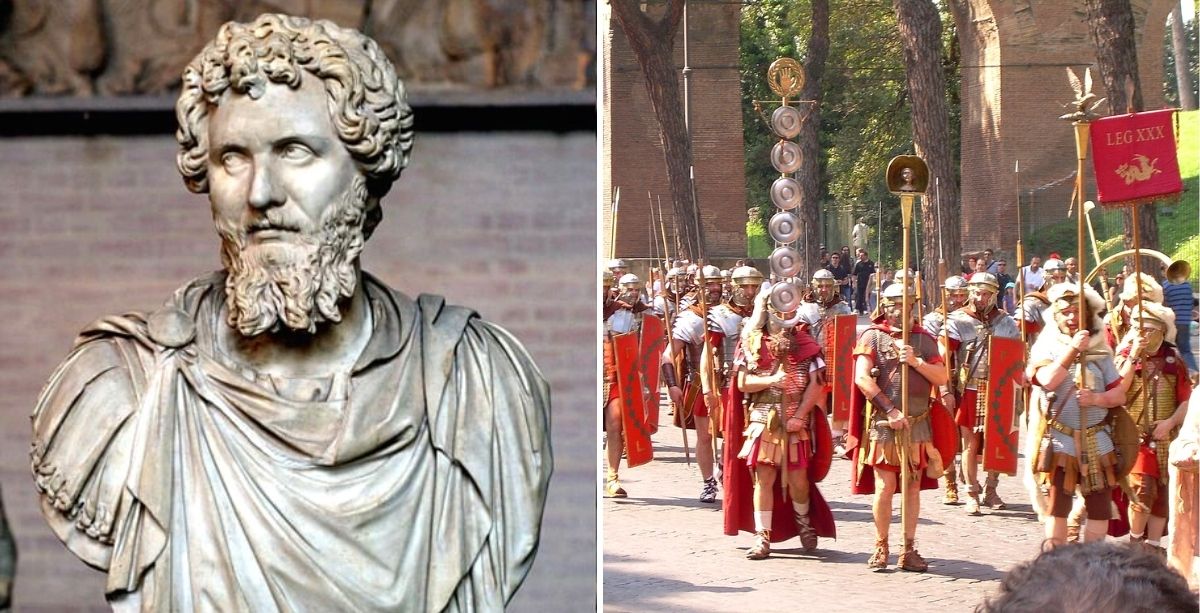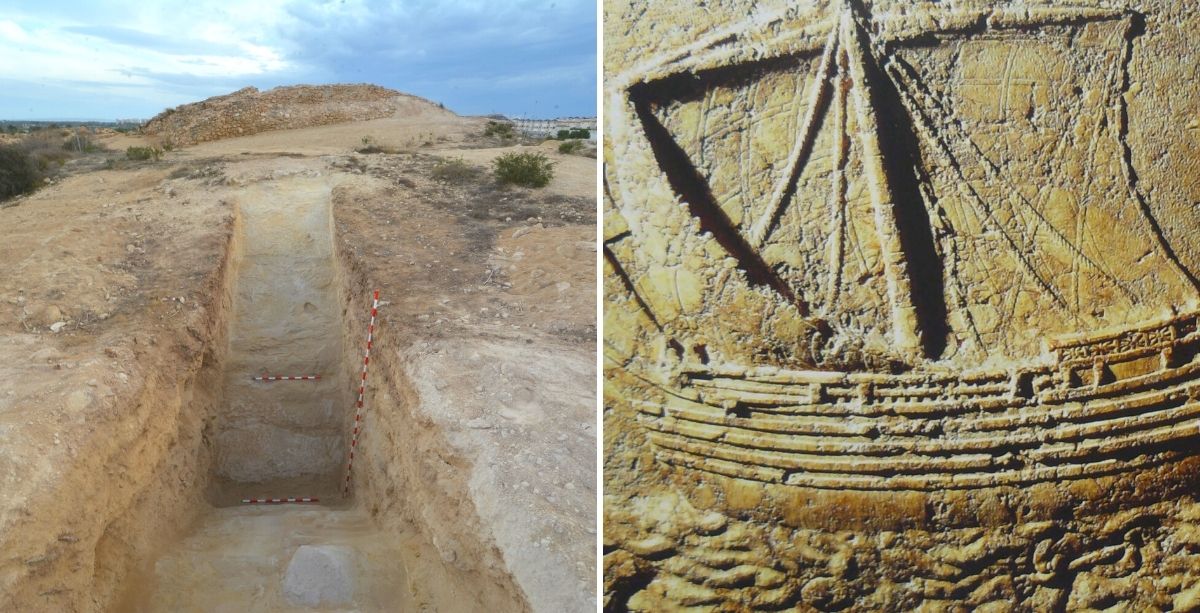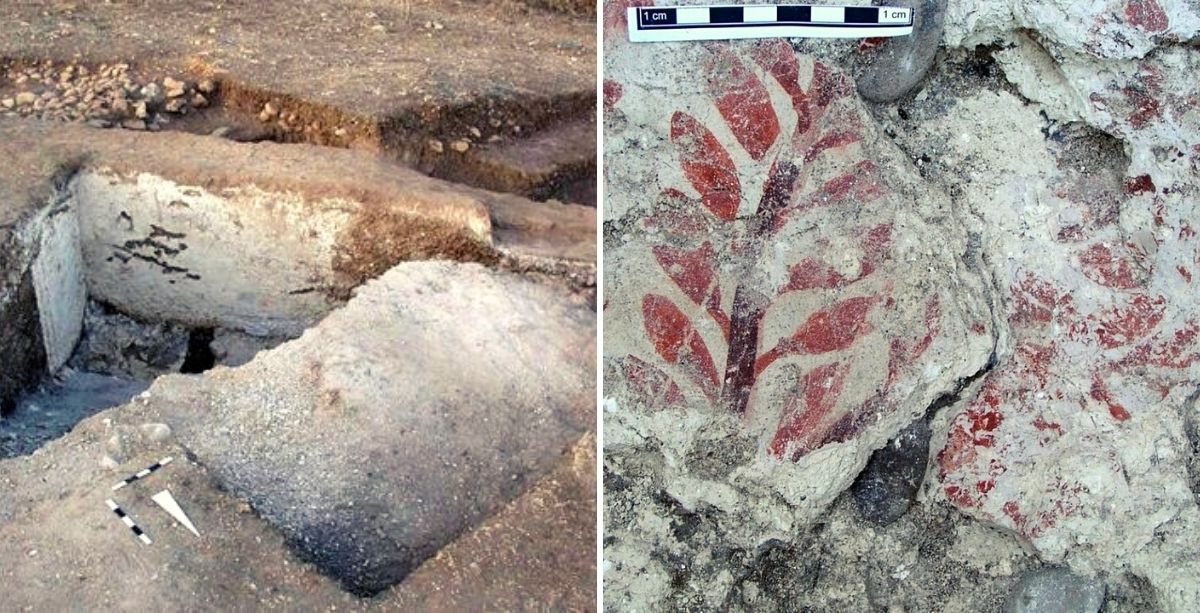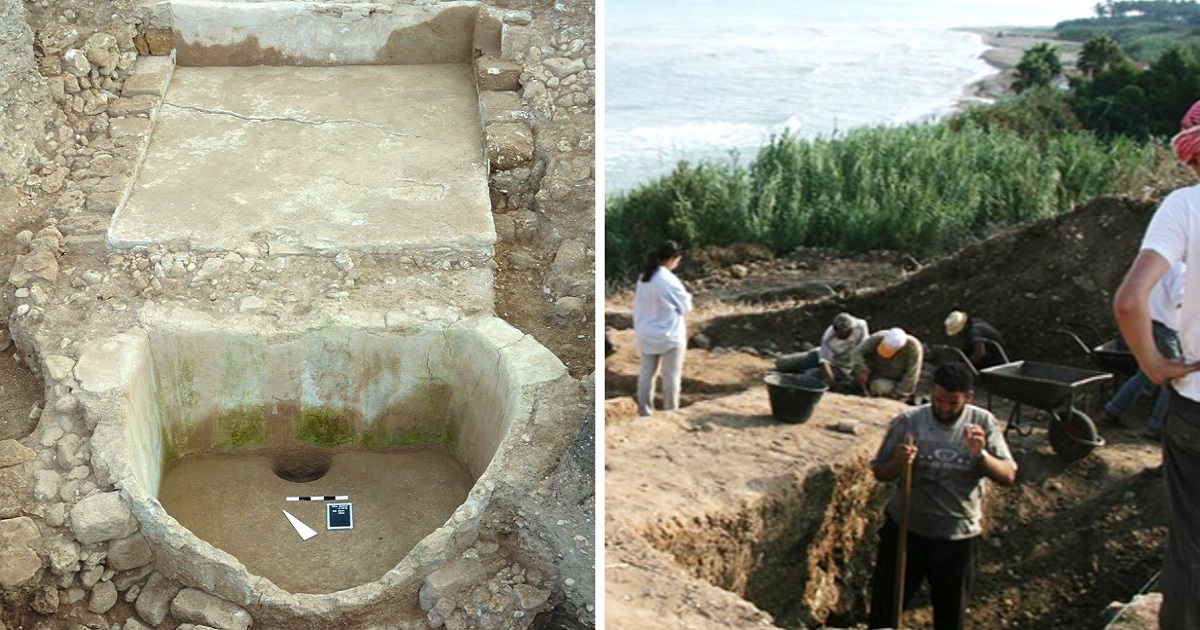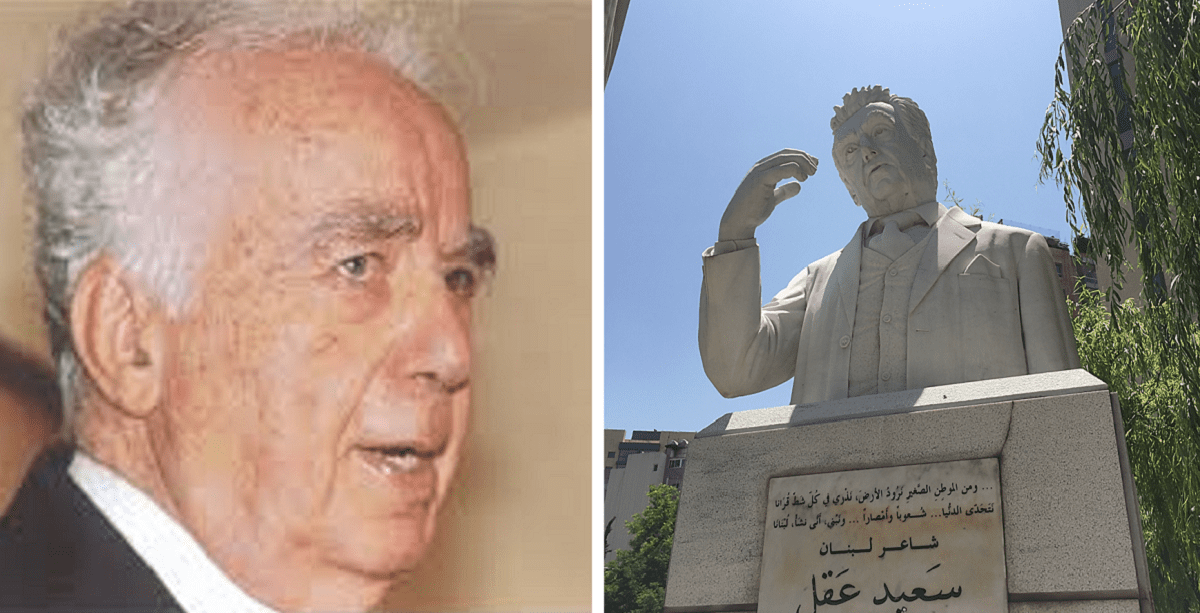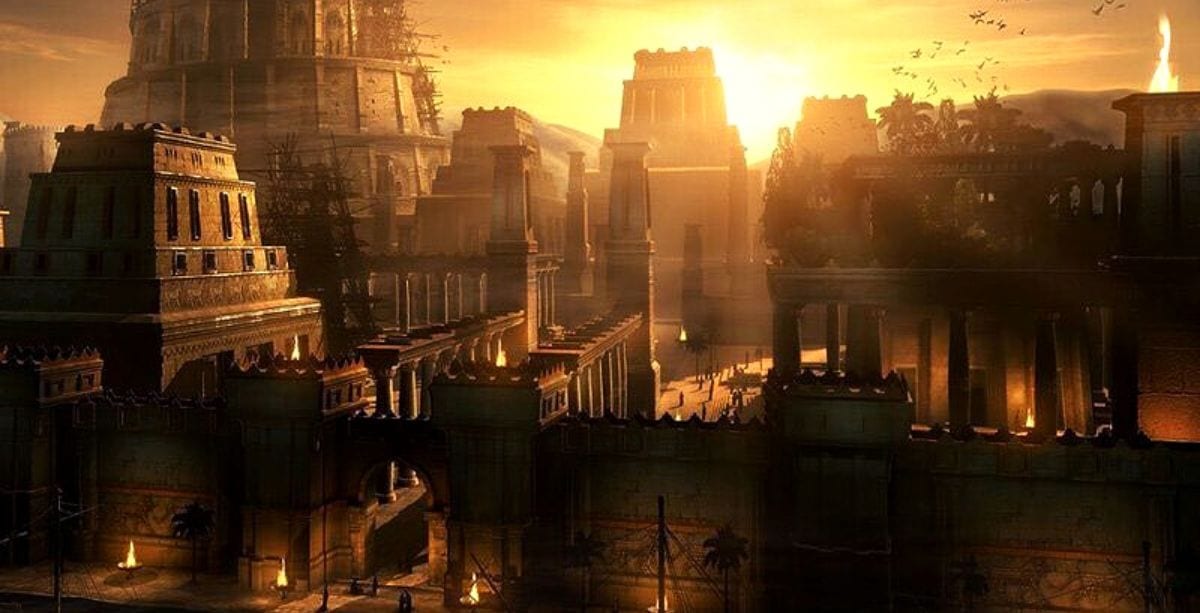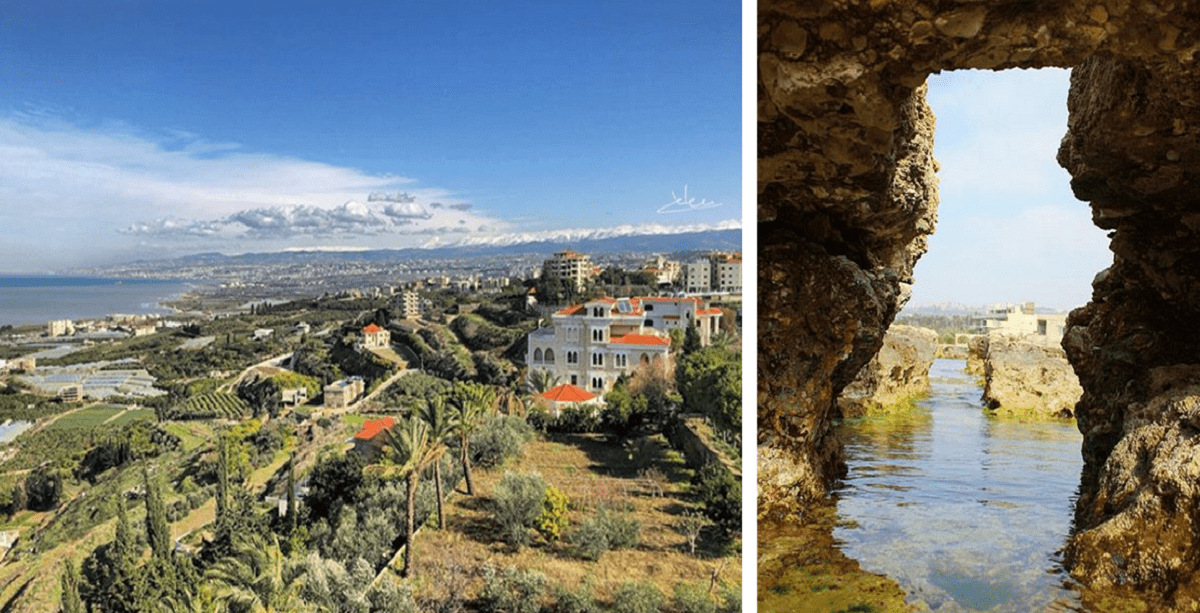Lebanon has been famous for the craftsmanship of its people since the Phoenician era. This trait reflects their ingenuity and their paradigm of honest hard work, finesse, and attention to detail.
They are known to excel in the art of crafting antiques and sculptures from a variety of materials, including wood, metal, glass, fabric, and more.

In addition to being cultural hallmarks, these handicrafts are the breadwinning means of the artisans, since they are of interest to locals and tourists alike.
One of the most prominent crafts done in Phoenicia was glassblowing, which is considered to be among the oldest handicrafts to ever exist.
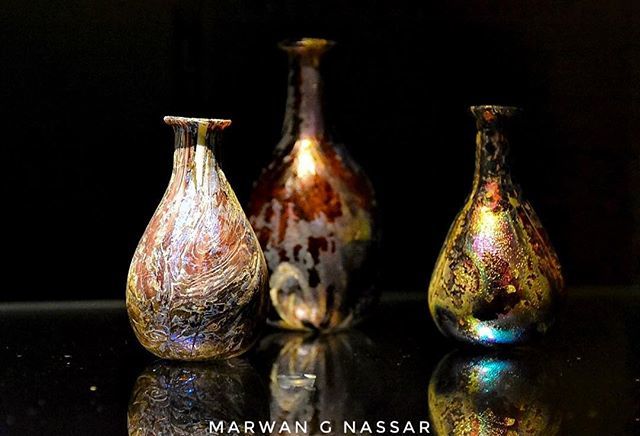
This glass-forming technique involves inflating molten glass into a bubble with the aid of a blowpipe, resulting in the various types of glassware found in every house.
Phoenician artisans learned this craft from ancient Egyptians long ago and they improved upon its process by making the glass thinner and adding features such as transparency and tint to their blown glass.
The ancient glass-smiths also decorated cups and mirrors with precious stones to add pleasant shapes to their final products; the remains of which have been excavated in many sites all across Lebanon.
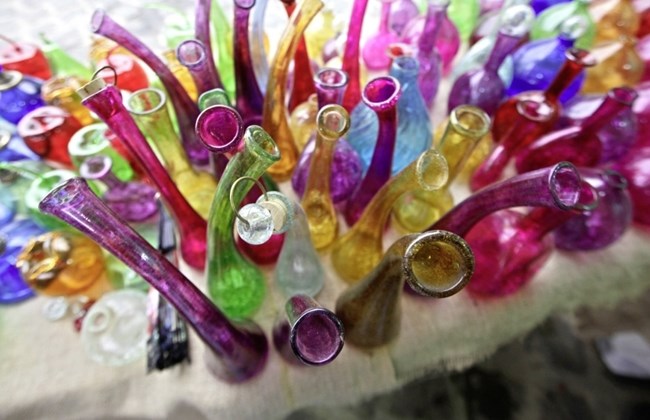
Like every craft, glassblowing has been passed down from one generation to another, and it is still widespread in Lebanon to this day. Modern Lebanese artisans master traditional as well as advanced technologies of glassblowing.
The glass they create today is made using refined materials and is available in different beautiful colors, including blue, green, orange, red, yellow, and brown.
Thanks to modern technology, the shape and size of the glass can nowadays be refined to accurately fit the planned design.
The art of Pottery is also a popular artisanship in Lebanon. It is one of the oldest crafts in the history of mankind and was an important life-sustaining method in civilizations across the world.
In Phoenicia, it stood as one of the most important and profitable industries. Phoenician potters made porcelain statues of their gods and goddesses and created various utensils well-known for their precision, beauty, and consistency.
High-quality clay is abundant in Lebanon and has been spun by Lebanese artisans and transformed into smooth shapes and masterpieces for a long time.
The clay is shaped into the desired form, then heated to high temperatures in an oven which dries it completely.
This induces reactions that lead to permanent changes in the material, hardening it, increasing its strength, and setting its shape.
In addition to glassblowing and pottery, Phoenician artisans were famous for their creative work with straw. Using the versatile material, they created baskets, benches, trays, carpets, and sandals, in addition to many other products.
Straw is taken from the stalks of cereal plants after the grain and chaff have been removed. Today, the craft is still used in Lebanon, with better precision and polish, to create the same old products as well as more advanced objects like furniture.
Traditional soap made from olive oil is one of the most prominent traditional crafts in Lebanon for its unique purity and healing properties.
In the past, each family would create their own secret mixtures and stamp their soap bars with their last name or some special symbols.
These stamps represent their individuality and quality of production. Among the areas that are famous for making olive oil soap today: Koura, Hasbaya, Saida, Chouf, Byblos, and many other areas around Lebanon.
Another traditional Lebanese craft is weaving, which can be done using different methods. The most common one used in Lebanon involves horizontal looms that use Lebanese fabric.
The most typical products of Lebanese weaving include mats, carpets (rugs), abayas and caftans, and decorations like wall hangings.
In addition, Lebanese artisans have carried the artistic legacy of the Phoenicians in handmade jewelry, mosaic crafts, woodwork, beads arts, and silver and metal artworks, among others.
Arts and crafts have played a vital role in every human civilization from East to West. And today, they represent a major piece of our culture and traditions, in addition to their significant financial importance in Lebanon.
Therefore, it is our duty to respect and preserve them and pass them on to the coming generations, so that our culture lives on forever. It is also important that we support that artistic industry of ours.
Nothing feels more “Made in Lebanon” than that.
